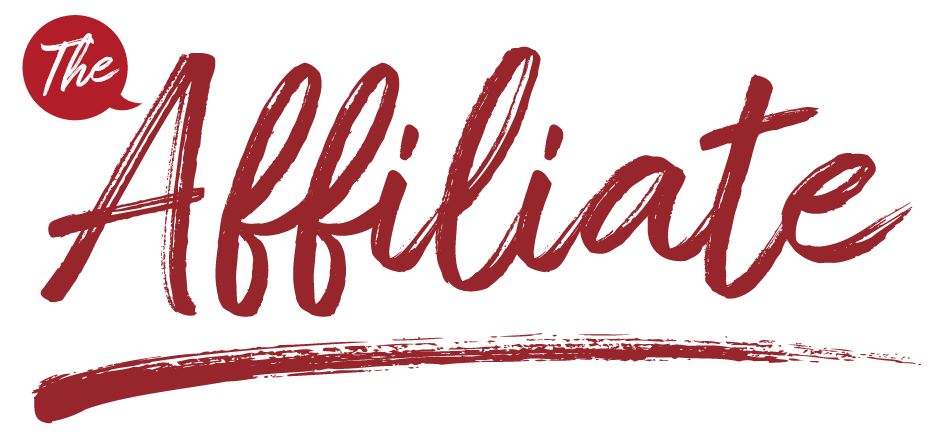The Nebraska Legislature’s Banking, Commerce, and Insurance Committee held a  public hearing on LB 710 introduced by State Senator George Dungan of Lincoln. The bill would update and modernize the State Credit Union Act. To advance from the Banking Committee, the bill needs a majority vote of the eight Senators that sit on the Committee.
public hearing on LB 710 introduced by State Senator George Dungan of Lincoln. The bill would update and modernize the State Credit Union Act. To advance from the Banking Committee, the bill needs a majority vote of the eight Senators that sit on the Committee.
Angie Schreiner, Marketing Director of Liberty First Credit Union testified to the importance of school branches of which they operate three in Lincoln. She stated in her testimony that 83% of students that participated in a school branch opened a credit union or bank account after graduation and that students are 27% more likely than students who don’t participate to be banked, earn money in high school, and continue the habit of saving.
Linda Carter, President/CEO of MembersOwn Credit Union testified to codifying state statutes with geographic field of membership is necessary to ensure that state law reflects what is already allowed through the parity provision in state law. The parity law allows state chartered credit unions to have the same powers and privileges that federally chartered credit unions enjoy.
Frank Wilber, President/CEO of Liberty First CU testified that the hearing process in the Act for new branch locations and credit union bylaw amendments is unnecessary and burdensome. He noted that federal credit unions do not have a similar hearing process and that most states do not either. The Department of Banking and Finance has not held a public hearing on branches of credit unions or banks for decades. Hearing on credit union bylaw amendments are more regular and are very costly.
Ann Loftis, President/CEO of First Nebraska Credit Union testified to the importance of allowing flexibility for credit union boards of directors to schedule meetings. Credit union boards are required to meet at least once per month but this change would allow no fewer than six meetings per year with at least one meeting per financial quarter. She stated that allowing her board of directors this flexibility makes sense considering they are unpaid volunteers elected by and from the membership. She further stated that there is nothing that would prevent the Department from requiring a credit union board to meet more frequently if the Department deemed it necessary.
Dale Kovar, Chief Financial Officer of First Nebraska Credit Union testified to codify state statute with the ability of credit unions to purchase insurance products to offer employee benefits programs such as Credit Union Owned Life or COLI. He said that these types of products allow credit unions to better compete for talent in the very competitive financial services marketplace.
Brandon Luetkenhaus, Chief Advocacy Officer of the League testified that the parity law in state statutes is not to replace the Legislature’s duty to update statutes but rather, the parity law is a temporary bridge to ensure state-chartered institutions are not disadvantaged while the Legislature is out of session and unable to act on updates. He talked about the rise of fintechs in the financial sector and the importance of allowing credit unions to invest up to 5% of their networth in a fintech whose product or service would assist credit unions in serving their members. He noted that the Department would have regulatory authority and that credit unions making such an investment would need to be well-capitalized and remain well-capitalized for the life of the investment.
Steve Edgerton, Government Affairs Officer of Centris Federal Credit Union testified that Centris FCU continually monitors the state and federal charters to determine what the advantages and disadvantages of each are. He said the updates in LB 710 are a step in the right direction but pointed out that the state charter is more expensive as state chartered credit unions pay sales tax and the financial institutions tax. He stated that if they were to change to the state charter, the added cost would be equal to fifteen full-time employees annually.
Dr. Jennifer Davidson of the University of Nebraska Council on Economic Education testified to the importance of school branches whether operated by a credit union or a bank. Dr. Davidson and the Council focus their efforts on financial education, and they help to bring schools and credit unions together to open school branches. She said that there are significant headwinds in opening school branches across the state because it takes the buy-in of both the school and the financial institution. She indicated that financial education is extremely important for students and that credit unions and banks who operate them do so as a community service.
The associations for banks opposed the bill citing several provisions including their opposition to credit unions operating school branches, eliminating public hearings for credit unions, and their disagreement with federal law allowing for geographic field of membership.


